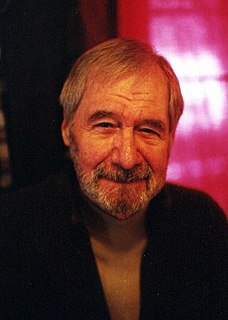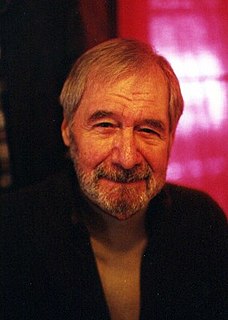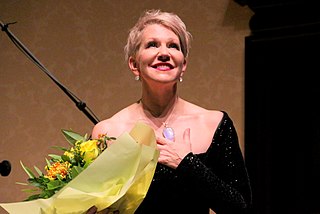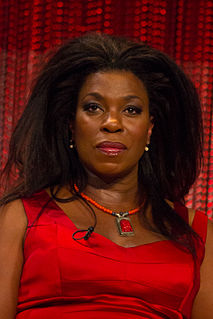A Quote by Evan Hunter
It's hard to write an Evan Hunter novel because I really am starting from scratch. I'm assuming a new voice each time. The McBain voice is set.
Related Quotes
My best time to write is right after coffee and breakfast - four eggs because, full disclosure: I'm really a komodo dragon - and that's because then I'm energized but not so awake that the critical voice clicks on, the voice that sometimes says, "Don't write that," or "Man, that sentence is terrible - you should give up and go pet the cats."
My best time to write is right after coffee and breakfast - four eggs - because, full disclosure, I'm really a komodo dragon - and that's because then I'm energized but not so awake that the critical voice clicks on, the voice that sometimes says, 'Don't write that,' or, 'Man, that sentence is terrible - you should give up and go pet the cats.'
Here's what I didn't know when I was starting out that I now know…I thought when you were starting out it was really hard to write because you hadn't broken in yet, you hadn't really hit your stride yet. What I found out paradoxically is that the next script you write doesn't get easier because you wrote one before…each one gets harder by a factor of 10.
Write like you write, like you can't help but write, and your voice will become yours and yours alone. It'll take time but it'll happen as long as you let it. Own your voice, for your voice is your own. Once you know where your voice lives, you no longer have to worry so much about being derivative.
I am interested in levels of brain discourse. How articulate are the voices in your head? You know, there's a different voice for the phone, and a different voice if you're talking in bed. When you're starting off with a narrator, it's interesting to think, where is their voice coming from, what part of their brain?
But I'm pretty lucky with my voice. When I first started touring I went to see a woman to give me some coaching on how not to lose my voice. And she was just saying really your voice is a muscle so if you're using it all the time you should actually come back from tour with a stronger voice than you left with. And that's really how I find it.
I had to get the voice back, the precise pitch of Sid's voice and I'd forgotten that I'd pitched him higher than my regular voice, so that was a little difficult to begin with. It was especially hard because we started recording in the morning so I had to warm up a lot and my usual voice is a little more gravelly.
































